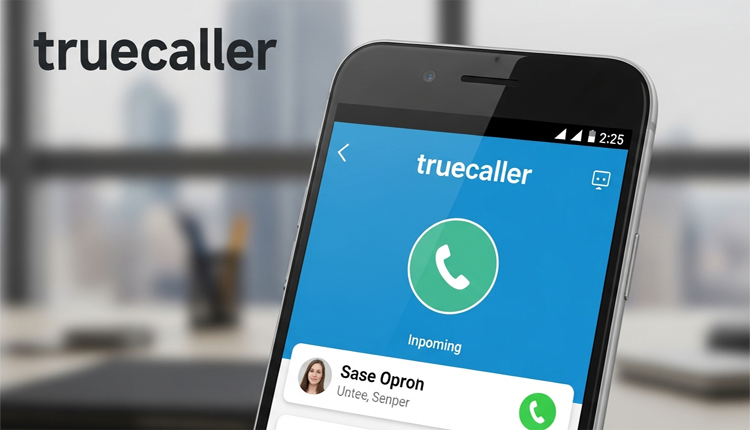Mumbai: In a bold move to combat rising phone frauds and spam calls, the Indian government has quietly rolled out trials of Calling Name Presentation (CNAP), a built-in caller ID system that displays the caller’s verified name – sourced from telecom KYC records – even before your saved contact label appears.
If you’ve recently noticed unfamiliar “real” names flashing on your screen during incoming calls, followed by the nickname you saved, you’re likely part of this nationwide testing phase. Unlike crowd-sourced apps such as Truecaller, CNAP pulls authentic details straight from official SIM registration data, making it far more reliable and fraud-resistant.
The Department of Telecommunications (DoT), with TRAI’s approval, is pushing the service as a default feature (with an opt-out option) to empower users to decide whether to answer unknown calls. Trials are currently active across select circles, including Haryana and Himachal Pradesh, involving major operators like Jio, Airtel, Vi and BSNL. A full pan-India rollout is targeted by March-April 2026.
While the initiative promises to drastically cut scams and pesky marketing calls, it has sparked privacy debates: will everyone see your Aadhaar-linked name? Can you control or update it? Authorities assure safeguards, including respect for privacy settings like CLIR.
As India battles a flood of cyber fraud, CNAP could mark the end of anonymous harassment and the beginning of trusted telephony.



Comments are closed.